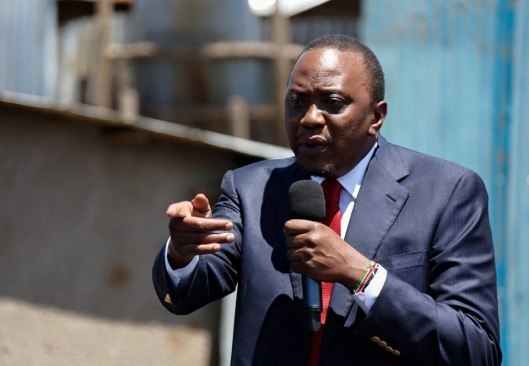×
The Standard e-Paper
Smart Minds Choose Us

President Uhuru Kenyatta’s administration has abandoned the Sh24.6 billion laptops project for schools, which hasn’t taken off in over two years because of a tender row, for the cheaper and more portable and classy tablets.
Impatient with the time lost in delivering one of Jubilee’s pre-election promises, Uhuru reportedly directed his officials to work out an alternative plan to distribute tablets to schools.